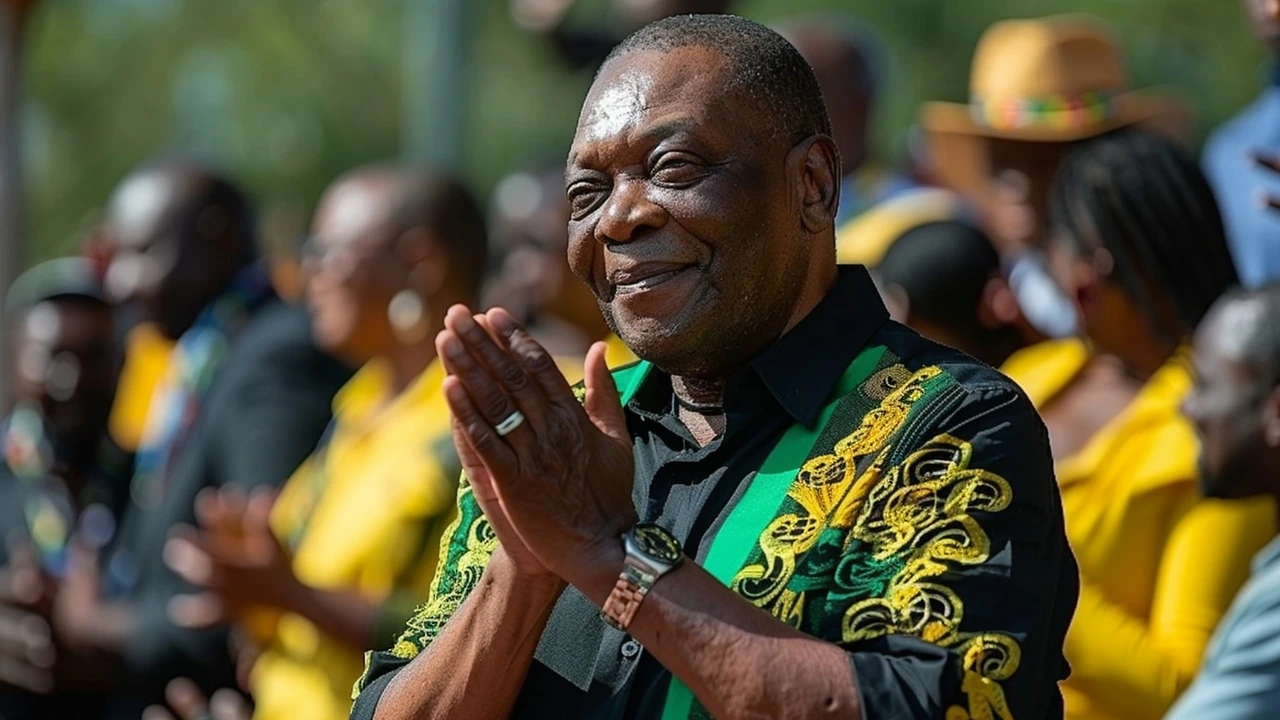Electoral Court: What It Is and How It Works
The Electoral Court is the place you go when an election fight needs a legal answer. Think of it as a special court that deals only with election matters — from voter roll errors and candidate disputes to complaints about counting and campaign rules. When stakes are high and public trust is on the line, the Electoral Court steps in to clear things up fast.
When the Electoral Court gets involved
Not every election complaint lands in the court. Common cases that do include challenges to results, disputes over who legally qualified as a candidate, allegations of voter suppression, and claims about illegal campaigning or funding. Parties, candidates, civic groups and sometimes individual voters can file cases. In many countries, the court also handles appeals from decisions made by election management bodies.
Speed matters. Electoral Courts often work on tight timelines because elections are time-sensitive. That means filings usually have short deadlines and hearings may happen within days or weeks. If you wait too long, you can lose your chance to be heard.
How the process usually runs
First, someone files a written complaint with the court and serves the other side. The court sets a hearing date and may order interim measures — for example, freezing a result or blocking a candidate from taking office while the case is decided. Evidence can include witness statements, polling station logs, ballot images, videos and internal party documents. Courts often allow expert reports on counting procedures or ballot security.
Hearings are typically faster and more focused than regular court trials. Judges aim to make clear, enforceable rulings that protect the integrity of the vote. Remedies can range from ordering a recount, annulling a result and calling a re-run, to fines and disqualifications. In some systems, you can appeal an Electoral Court decision to a higher court, but appeal windows are short and stricter than for other cases.
Transparency is key. Many Electoral Court hearings are open to the public and media, because public trust depends on seeing the process at work. That also means journalists and observers play a big role in documenting evidence and keeping the record clear.
Practical tips for voters, parties and journalists
If you think something went wrong, act fast. Keep any documents, photos, messages or recordings that show the problem. File complaints in writing and meet the deadlines. Parties should train local agents to collect and preserve evidence right after polling closes. Journalists should record dates, names and exact quotes, and upload original files to secure cloud storage so they aren’t lost.
Finally, use the court process to push for clarity, not chaos. Clear, credible cases help courts fix real problems and protect future elections. If you’re unsure what to do, contact a lawyer or a trusted civic group that specializes in election law — they can guide you through the tight timelines and technical rules.
CottonCandi News follows Electoral Court cases and explains rulings that matter for voters across the region. Stay informed and keep records — those two moves make a big difference when democracy is on the line.
